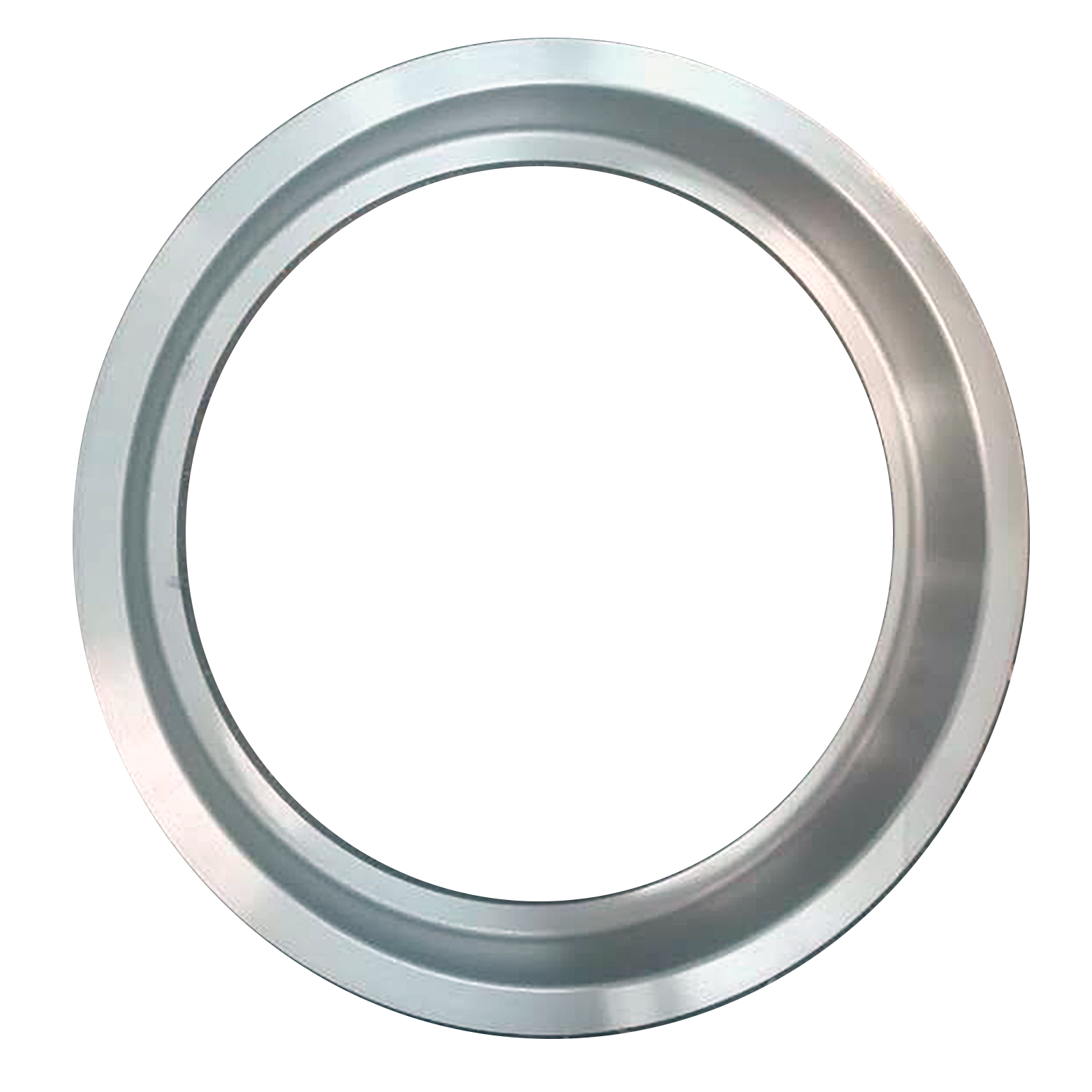Oct . 08, 2024 23:05 Back to list
Exploring the World of Die Casting Manufacturing Facilities and Their Innovations
Understanding Die Casting Factories A Glimpse into an Essential Manufacturing Process
Die casting is a highly efficient manufacturing process that has revolutionized the production of metal parts across various industries. This technique involves forcing molten metal into a mold cavity under high pressure, resulting in precise, complex shapes with excellent surface finishes. Die casting factories are specialized facilities where this process takes place, and they play a crucial role in the supply chain of numerous sectors, including automotive, aerospace, consumer goods, and electronics.
At the heart of a die casting factory are the die casting machines, which come in two main types cold chamber and hot chamber machines. Cold chamber machines are typically used for metals with high melting points, such as aluminum and magnesium, while hot chamber machines are suitable for lower melting point metals like zinc. The choice of machine depends on the material being cast and the specific requirements of the project.
Die casting factories are equipped with a variety of tools and equipment beyond just machines. These include melting furnaces, shot chambers, and various inspection systems. Each piece of equipment has a specific role to play in ensuring the efficiency and quality of the die casting process. For instance, melting furnaces are used to heat the metal to its liquid form, while shot chambers are responsible for injecting the molten metal into the mold.
One of the significant advantages of die casting is its ability to produce high volumes of parts with minimal waste. The precision of the die casting process means that very little material is discarded, making it an environmentally friendly option compared to other manufacturing methods. Furthermore, die casting allows for the production of parts with intricate designs and fine details, which can be challenging to achieve with other techniques.
die casting factories

Quality control is a critical aspect of operations in die casting factories. Factories implement rigorous testing and inspection protocols to ensure that the final products meet the required specifications. This includes checking for dimensional accuracy, surface defects, and mechanical properties. By enforcing strict quality control measures, die casting factories can maintain high standards and build trust with their customers.
In recent years, advancements in technology have further enhanced the capabilities of die casting factories. Automation and robotics have streamlined processes, reducing labor costs and increasing production speed. Additionally, the integration of computer-aided design (CAD) and simulation software has improved the design and prototyping phases, allowing engineers to optimize molds and casting parameters before full-scale production begins.
As industries continue to evolve, die casting factories must adapt to the changing landscape. The growing demand for lightweight and high-strength components in sectors like automotive and aerospace is pushing manufacturers to innovate. The use of advanced materials and alloys, along with improved die casting techniques, is essential to meet these new challenges and remain competitive in the global market.
In conclusion, die casting factories are pivotal in modern manufacturing, providing high-quality components that drive innovation across various industries. By leveraging advanced technologies and maintaining stringent quality control, these factories ensure they meet the ever-growing demands of their clients while contributing to efficient and sustainable production practices. As we look forward, the role of die casting in shaping the future of manufacturing will undoubtedly continue to expand.
-
Durable Centrifugally Cast Iron Water Main Pipe
NewsAug.11,2025
-
Centrifugally Cast Iron Water Main Pipes for Reliability
NewsAug.10,2025
-
High-Quality Centrifugally Cast Iron Water Main Pipes
NewsAug.09,2025
-
Durable Cast Iron Water Main Pipe & Drainage Solutions
NewsAug.08,2025
-
Buy Cast Iron Pipe: Premium Ductile Iron & Drain Solutions
NewsAug.07,2025
-
Durable Cast Iron Water Main Pipe | Buy Ductile Pipe
NewsAug.06,2025


